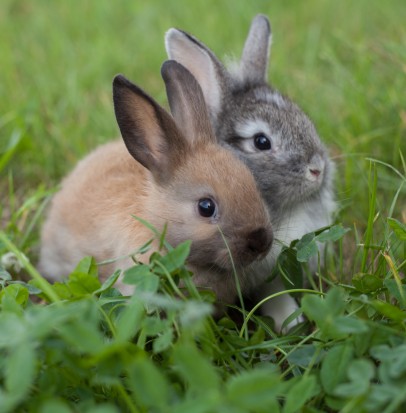
Honey has always been a favorite sweetener amongst many, and with the latest trends toward all things organic its popularity is on the rise again. As a result, the thirst for knowledge on the topic of beekeeping is growing.
With the rising demand for information on the topic, there are many old books resurfacing and new ones emerging which cover the many facets of raising these insects and harvesting their honey. Do all these books provide a bunch of the same great information? Unfortunately not. Choose wisely when deciding where to lay down your cash. Here are some tips on what you should look out for.
1. Find books that suit your current beekeeping skills.
Are you a beekeeping newbie? Start with something that is going to cover all the basics. You'll want a book with all the definitions, and something that is going to give you comprehensive and concise descriptions of how to actually farm the bees and harvest their products.
If you find a book that looks like it may be a keeper, dig a bit deeper and go looking for reviews. Once you find one with favorable reviews, see if you can get additional information on the actual contents. There are ebooks that may sell you in the sales letter, but when it comes down to it they are compiled of very simplistic information that looks like it was harvested from an online encyclopedia.
Other books may focus too much on the history of beekeeping - which won't really give you the true knowledge needed to start your honey production.
2. Try to find books that give detailed accounts as to what kind of beekeeping you want to engage in.
Conventional beekeeping relies more heavily on drugs and chemicals to keep production up. Natural beekeeping, as the name suggests, avoids the use of chemicals and uses only use bio-friendly materials for both raising bees and harvesting their products.
If, like many hobby beekeepers, you are more interested in the natural approach, with less emphasis on the amount of honey produced and more on the bees themselves, then top bar beekeeping might be for you. Search for books specifically on this topic.
3. Look for books that fit the scale of production you want.
If your bee raising efforts are to be a leisurely pursuit, the books regarding backyard beekeeping should provide you a number of valuable recommendations. These books typically limit discussions to small scale productions. They will provide instruction on manual harvests and give you tips on how to keep colonies active for at least a couple of years.
On the other hand, if you are thinking about raising bees in order to harvest and sell honey, pollen, or beeswax, then you may wish to lean toward reading books regarding commercial production. These will aid you in large scale development and production, and even how to tackle large scale distribution.
No matter what your aims are, if you take a little time you will be able to find the book you are after. Some beekeeping books are poor quality, but there are a lot of good ones available too.
 Osteodystrophy A Congenital Health Issue That Affects Scottish Folds
Osteodystrophy A
Osteodystrophy A Congenital Health Issue That Affects Scottish Folds
Osteodystrophy A
 Should I Let My Dog Kiss The Kids?
Should I Let My D
Should I Let My Dog Kiss The Kids?
Should I Let My D
 Mating, Gestation And Birth With Small Breed Rabbits
Mating, Gestation
Mating, Gestation And Birth With Small Breed Rabbits
Mating, Gestation
 All About The Scottish Fold Cat
All About The Sco
All About The Scottish Fold Cat
All About The Sco
 Some Informative Facts About The German Shepherd Dog
Some Informative
Some Informative Facts About The German Shepherd Dog
Some Informative
Copyright © 2005-2016 Pet Information All Rights Reserved
Contact us: www162date@outlook.com